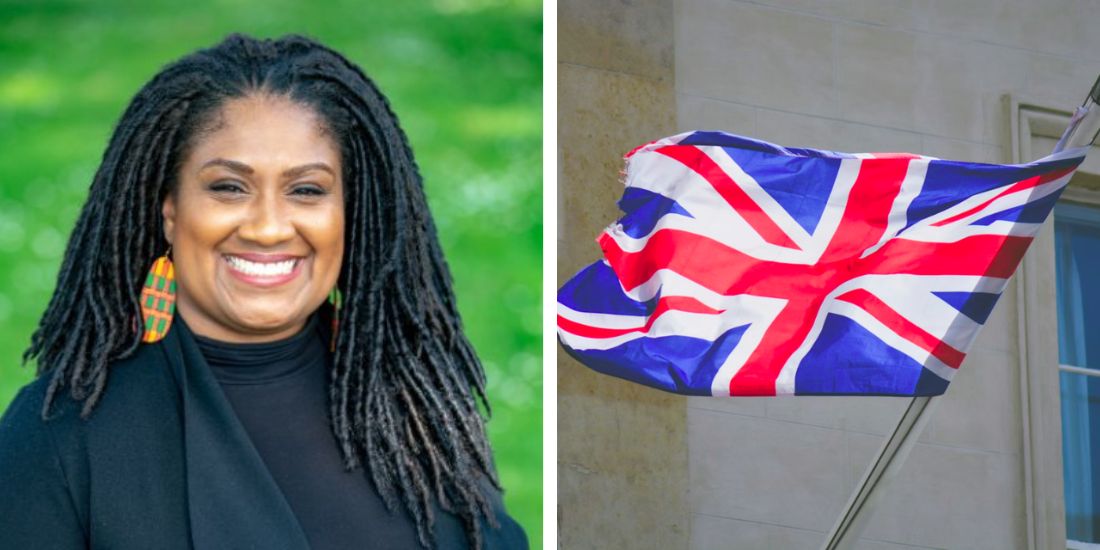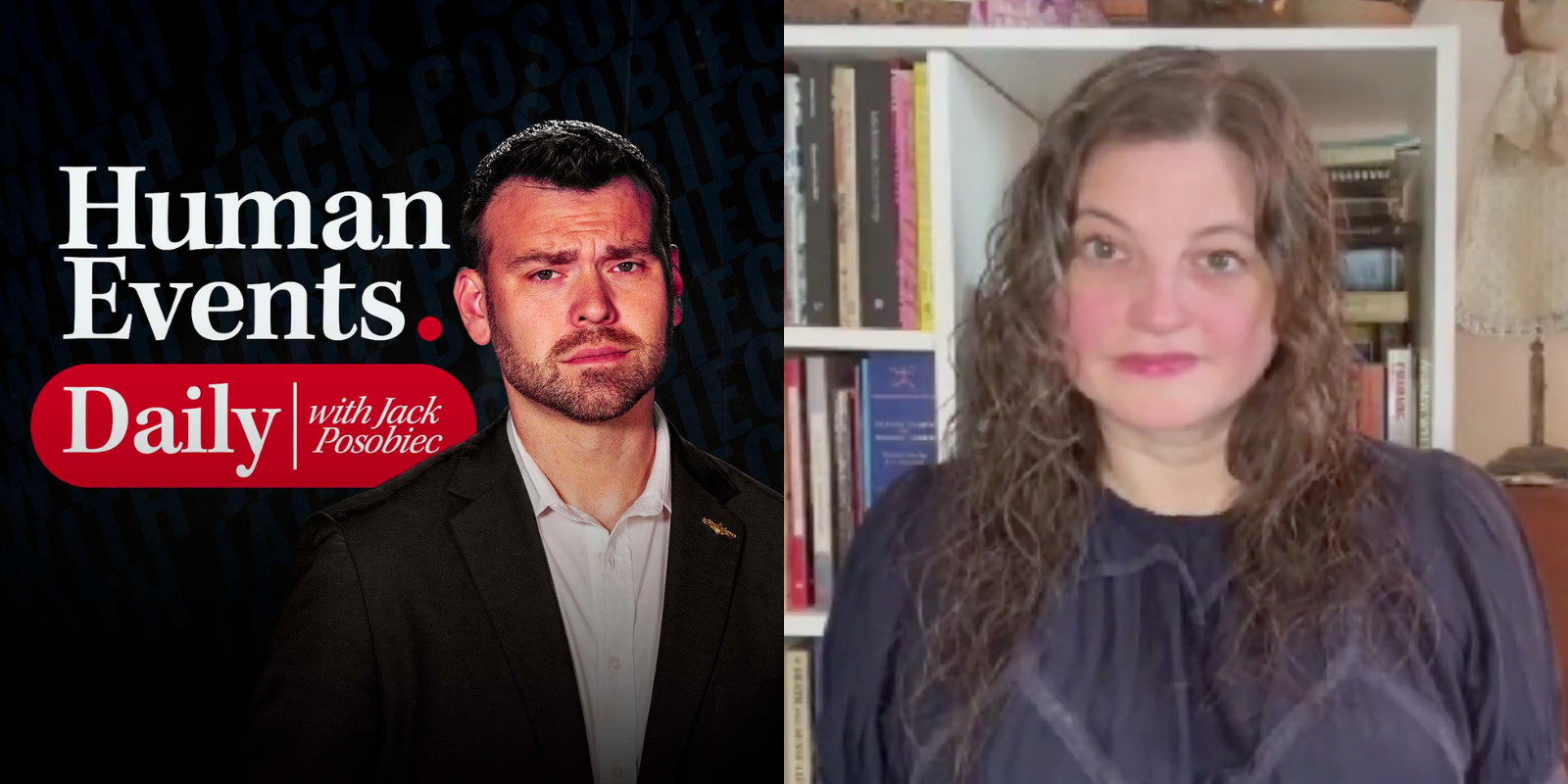How bad are things looking for Democrats in the midterm elections? So bad that the New York Times ran an op-ed from a Duke professor musing that we should stop having midterm elections, because democracy is, like, totally outdated and stuff:
By Tuesday night about 90 million Americans will have cast ballots in an election that???s almost certain to create greater partisan divisions, increase gridlock and render governance of our complex nation even more difficult. Ninety million sounds like a lot, but that means that less than 40 percent of the electorate will bother to vote, even though candidates, advocacy groups and shadowy ???super PACs??? will have spent more than $1 billion to air more than two million ads to influence the election.
There was a time when midterm elections made sense ??? at our nation???s founding, the Constitution represented a new form of republican government, and it was important for at least one body of Congress to be closely accountable to the people. But especially at a time when Americans??? confidence in the ability of their government to address pressing concerns is at a record low, two-year House terms no longer make any sense. We should get rid of federal midterm elections entirely.
Odds that the New York Times would run this drivel if Democrats were poised to clean up in the midterms, hold the Senate, and retake the House: zero point zero percent.
There is a certain consistency between the "ditch the midterms" argument and the Left's general souring on the notion of representative government. The model they prefer is benevolent despotism, with a voting "safety valve" that legitimizes everything the benevolent despot does, by holding out the possibility that if the public strongly disagrees with his agenda or disapproves of his performance, they can vote him out of office. This threadbare understanding of small-r republican ideals boils down to the childlike belief that people cannot be oppressed as long as they still have the ability to vote against their oppressors. This is one of the most dangerously foolish beliefs of the modern era.
The new understanding of non-republican "democracy" is a form of structured mob rule, in which the public elects a President and rubber-stamp legislature every four years. The public chooses between two far-reaching agendas, under which the total State will manage every aspect of their lives, and they're supposed to choose one Party agenda over the other. In practice, this works out to rallying against the agenda the public dislikes more, and submitting to the one that passes. It's inefficient to have elected representatives from the opposition party slamming the brakes on the winning Party's agenda - that's just partisan "gridlock," and everybody hates gridlock, right? They all want Washington to Get Things Done. The winner of the big election becomes the unopposed incarnation of the popular will. If he or she proves to be a less than satisfactory incarnation, well, there'll be another election in four years to appoint a different national super-leader.
This is all part of the argument advanced in the Times op-ed to abolish the midterm elections. Elections compromise power, and present a significant inconvenience to the ambitious Ruling Class. That was a desirable feature of the Constitution to its authors, but a fatal crash bug to the modern liberal with big ideas for using Big Government to reshape society:
The main impact of the midterm election in the modern era has been to weaken the president, the only government official (other than the powerless vice president) elected by the entire nation. Since the end of World War II, the president???s party has on average lost 25 seats in the House and about 4 in the Senate as a result of the midterms. This is a bipartisan phenomenon ??? Democratic presidents have lost an average of 31 House seats and between 4 to 5 Senate seats in midterms; Republican presidents have lost 20 and 3 seats, respectively.
The realities of the modern election cycle are that we spend almost two years selecting a president with a well-developed agenda, but then, less than two years after the inauguration, the midterm election cripples that same president???s ability to advance that agenda.
These effects are compounded by our grotesque campaign finance system. House members in competitive races have raised, on average, $2.6 million for the 2014 midterm. That amounts to $3,600 raised a day ??? seven days a week, 52 weeks a year. Surveys show that members spend up to 70 percent of their time fund-raising during an election year. Two years later, they???ll have to do it all again.
Much of this money is sought from either highly partisan wealthy individuals or entities with vested interests before Congress. Eliminating midterms would double the amount of time House members could focus on governing and make them less dependent on their donor base.
Another quirk is that, during midterm elections, the electorate has been whiter, wealthier, older and more educated than during presidential elections. Biennial elections require our representatives to take this into account, appealing to one set of voters for two years, then a very different electorate two years later.
Solution: one big election for all the marbles every four years:
There???s an obvious, simple fix, though. The government should, through a constitutional amendment, extend the term of House members to four years and adjust the term of senators to either four or eight years, so that all elected federal officials would be chosen during presidential election years. Doing so would relieve some (though, of course, not all) of the systemic gridlock afflicting the federal government and provide members of Congress with the ability to focus more time and energy on governance instead of electioneering.
This adjustment would also give Congress the breathing space to consider longer-term challenges facing the nation ??? such as entitlement spending, immigration and climate change ??? that are either too complex or politically toxic to tackle within a two-year election cycle.
Among the many reasons this philosophy is dangerous, foolish, and contrary to the philosophy of our Founders is that our Leviathan State has enormous powers to shape the electorate. The abyss of Washington gazes also into you, dear voter. Without any of that partisan "gridlock" to empower muscular dissent, you'll gete a lot more crappy, repeal-resistant government programs with invincible funding mechanisms and secret agendas to engineer society to the tastes of the Ruling Class, a la ObamaCare.
The problem with our system is not that elections happen too frequently, or that voters feel apathetic about some of them, or that too much money is flowing through the political system. Those are all symptoms. The disease is power. If representative democracy dilutes power more than your agenda can handle, your agenda is the problem. Less control exercised by the central government, fewer bags of public money tossed to its preferred interests, would make for less grotesque elections... and probably more healthy voter involvement, because the public would be better able to understand what's going on in Washington, and less cynical about the results of elections.





